While every Pokémon has its own unique traits, Rock types are generally known for their physical offense and defense. Rock types like Tyranitar and Garganacl, for example, can stomp all over Fire, Flying, Ice, and Bug Pokémon while tanking hits from Normal, Poison, Fire, and Flying attacks.
But as strong and sturdy as Rock types are, they also have a fair amount of weaknesses to watch out for.
What are Rock-type Pokémon weak to?
In total, Rock types have five weaknesses—Water, Grass, Fighting, Ground, and Steel. Two of these weaknesses are purely defensive, while the remaining three are both offensive and defensive weaknesses. We’ll break down each type of weakness below.
Water

Out of all eighteen types, Water Pokémon are the most common, which naturally means there are plenty of Pokémon that can hit Rock types with super-effective Water attacks. In fact, some of the strongest Pokémon in Scarlet and Violet—Palafin, Iron Bundle, and Dondozo—are Water types.
Related: The best Rock-type Pokémon in Pokémon Scarlet and Violet
Whether they’re running Wave Crash or Hydro Pump, these Water types are ready to dish out massive damage against Rock Pokémon. The good news at least is Rock attacks hit Water types back for neutral damage.
Grass
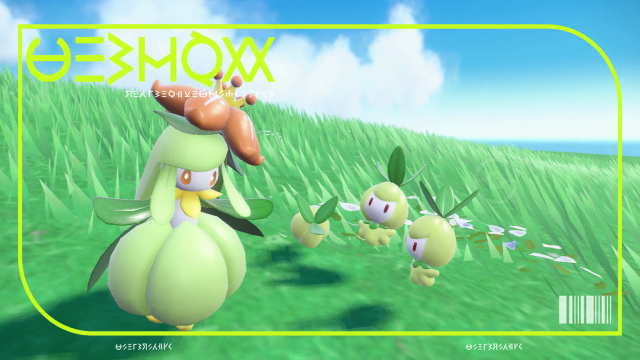
Offensive Grass-type Pokémon aren’t as common in competitive play as Water types, but they still pose a huge threat to Rock types.
After putting their targets to sleep with Spore or Sleep Powder, Grass types like Brute Bonnet or Lilligant can hit Rock Pokémon for super-effective damage with Seed Bomb, Leaf Storm, Energy Ball, or other strong Grass attacks. In return, Rock-type attacks also do neutral damage to Grass Pokémon.
Fighting

Fighting-type Pokémon are usually physical attackers, meaning bulkier Rock types have the potential to take super-effective hits if their Defense stats are high enough. Unfortunately, Annihilape, Iron Hands, and Great Tusk are all very powerful and popular Fighting types who aren’t afraid to smack their Rock-type foes with Close Combat.
Related: All Fighting-type Pokémon weaknesses, explained
Fighting-type Pokémon also resist Rock attacks, so it’s a pretty tough matchup all around for Rock types.
Ground
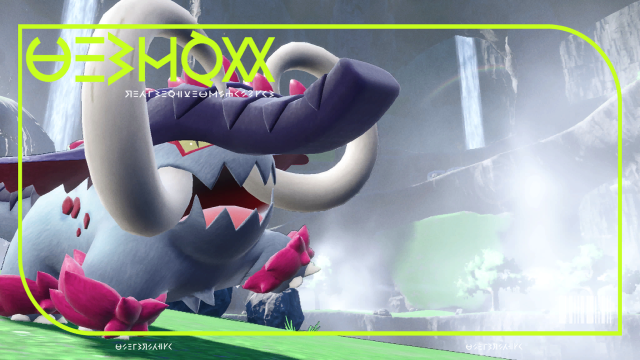
Like Fighting types, Ground-type Pokémon are known for their physical attacks. In fact, one of the most common attacks in the game is Earthquake, a physical Ground move that hits Rock-type Pokémon for super-effective damage.
There are, however, a few ways Rock types can avoid being hit by Ground attacks. Two Rock types, Lunatone and Solrock, have access to the Levitate ability to make them immune to Ground. Likewise, Rock/Flying Pokémon like Aerodactyl are also immune.
Any Rock type that isn’t naturally immune to Ground attacks can either hold the Air Balloon or have a Flying Tera Type to gain temporary immunity. Even then, it can still be tricky for Rock Pokémon to deal a lot of damage since Ground resists Rock.
Steel
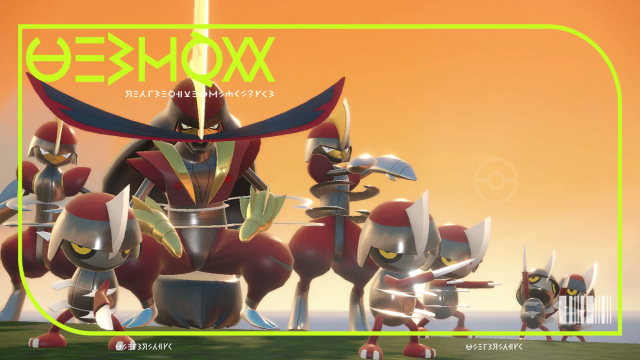
Steel’s resistance to 11 types—including Rock—makes them incredibly tanky. From an offensive standpoint, Steel types can also hit Rock for super-effective damage.
With Gholdengo and Kingambit being two dominant Steel types in competitive play, it can be risky to send any Rock type out against them. Then again, many Rock Pokémon have access to Earthquake which counters Steel types very well.


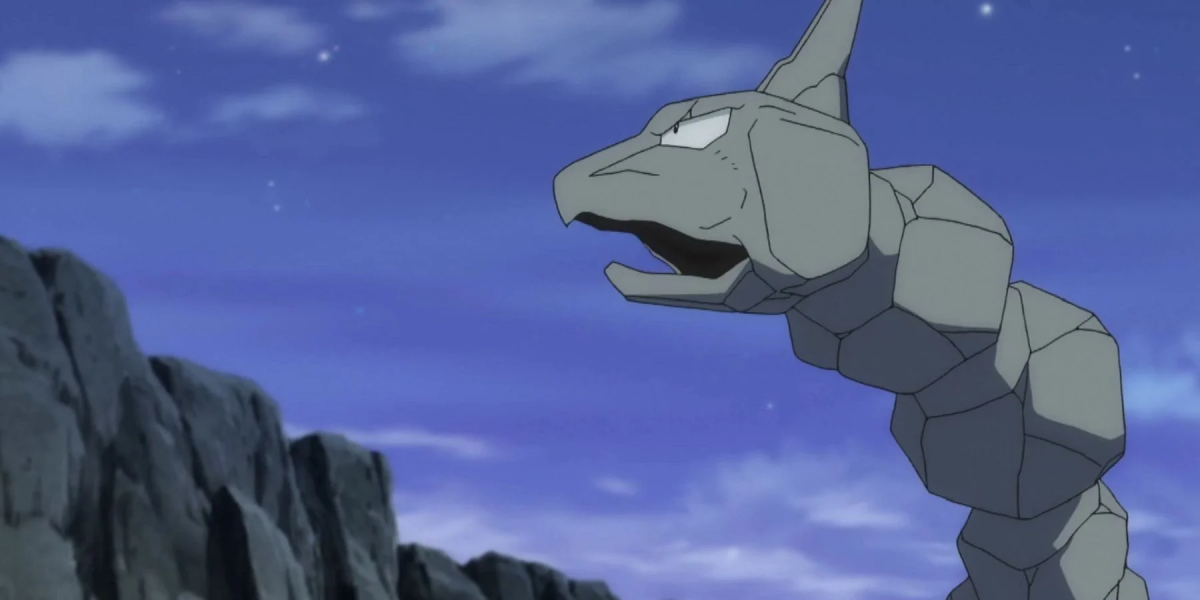


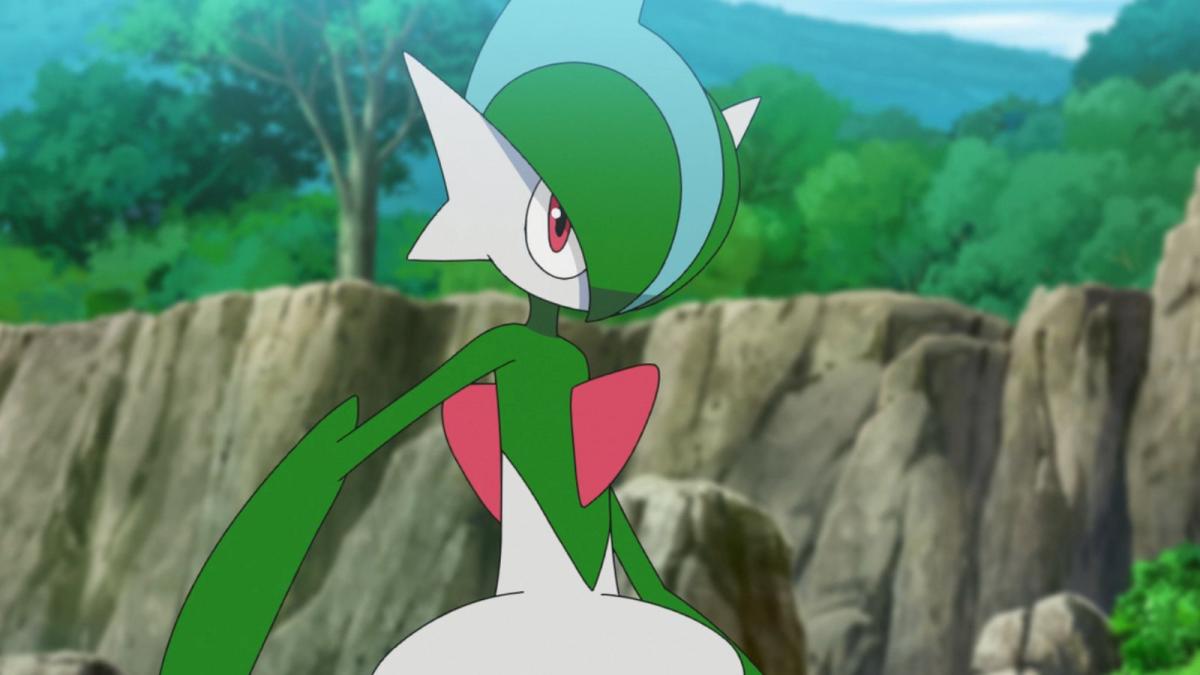


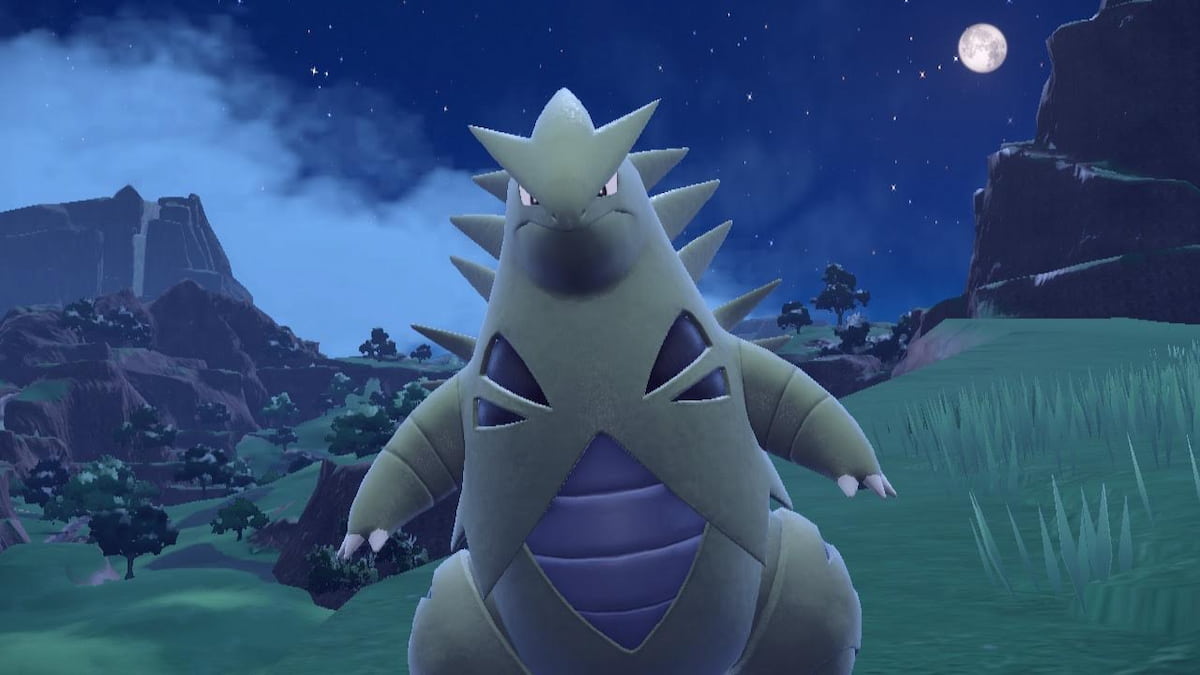
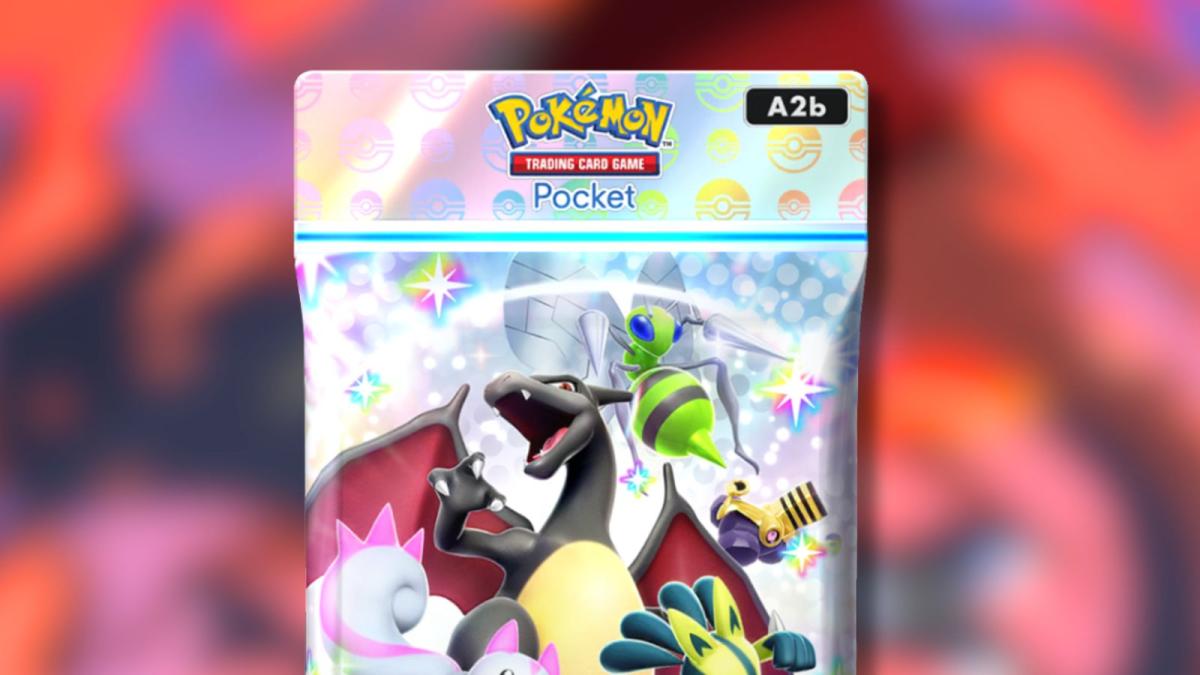
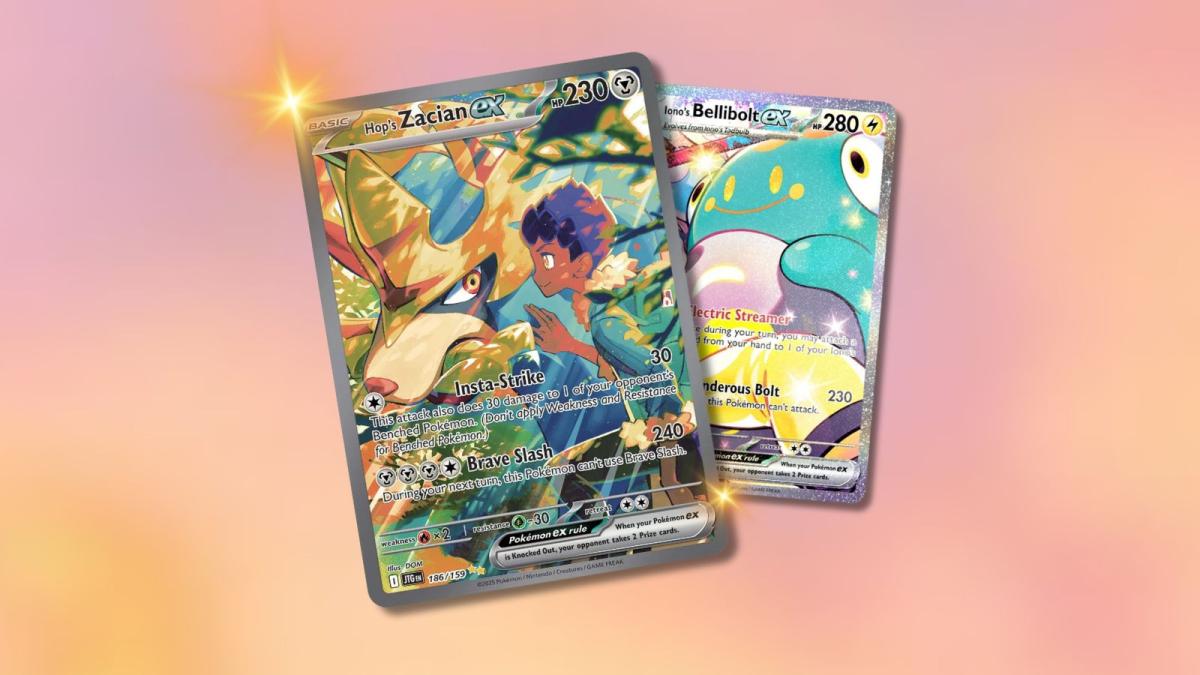

Published: May 13, 2023 09:26 pm